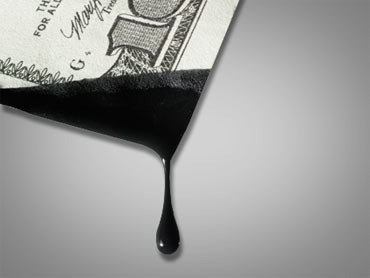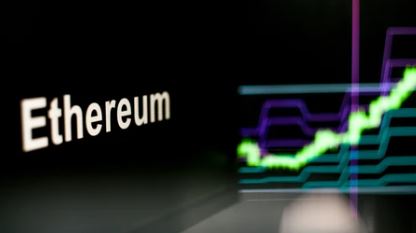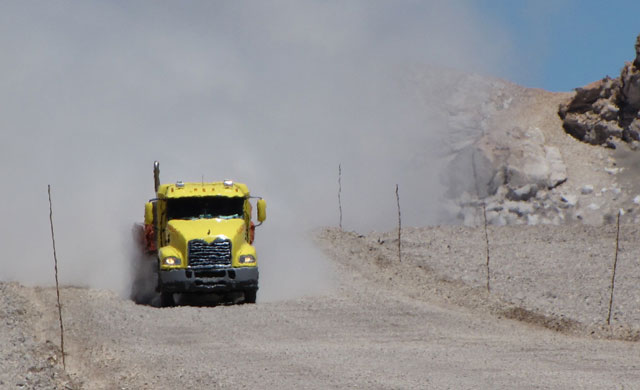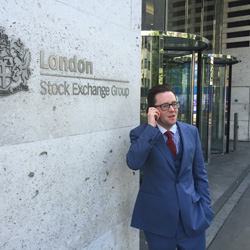“The are the times that try men’s souls,” especially if those men are invested in Gulf Keystone Petroleum (LSE:GKP). The GKP share price has dropped to 35.23 today, continuing what has been a fairly steady decline that has been nearly unabated since 25 October 2013 when it was last traded above 180.00. It is now at 8.1% of it’s record high of 425.25 on 20 February 2012. For the record, the last time GKP traded this low was during the economic crisis of 2008-2009.

A Different Kind of Crisis
Every business felt that effects of the economic crisis. Each was forced to find it’s own way to survive. Many failed. Most survived. But this is not another global economic crisis.
Crises in the oil exploration and production business are typically associated with failure to find the expected reserves, equipment breakdowns, or reserves running dry. But this is not the case for GKP, which is sitting on top of one of the world’s largest oil fields and which has been successful in consistently meeting its milestones for production.
This is a cash flow crisis. Investors in exploration and reclamation endeavors of any kind expect going in that the risks will be high, but the greater the risk, the greater the reward, if there is one. Although it has been a rough road for GKP, its problem is that it is cash-strapped because the Kurdistan Regional Government has not been paying its partners in a manner that even closely resembles being on time.
I read somewhere that GKP’s financial crunch is due to lower oil prices. I’m glad that I don’t remember that numskull’s name, because I might write IDIOT on his forehead. It doesn’t matter what the price of the commodity is if your partner receives payment and does not pass on your share. When you pump cash out of the water pond without replenishing, it – not the oil wells – will run dry.
A Typical Fracas
In addition to the crisis, GKP is suffering from an internal fracas. While the damage on the outside is readily apparent, investors and stakeholders alike are debating the proper remedy to stabilize the company and bring it back to health.
One group says, “Replace the guy at the top.” So, for the second time in the past year, they did, replacing one Simon (Murray) with another (Andrew Simon). Others are saying, “Sell.” Rumor has it that is an option on the boardroom table. Others wanted to see a new placement of shares. The placement of 85.9 million shares will raise £27.4 million. Opponents of the placement call it a stop gap exercise that will only prolong the inevitable. I wonder if these people have room to write on their foreheads.
The problem is that, regardless of what approach they take, what the KRG does is completely out of GKP’s control.
A Word to the Wise
Stop worrying about your investment in GKP and start focusing on the problem. Stay with the company. It may not look like the same company a year from now. It may not even have the same name, but it will not completely cease to exist. The shareholders who stay with it will be ones who profit in the end, whether their success comes from changes in leadership, changes in the KRG, M&A or any other means.

 Hot Features
Hot Features











